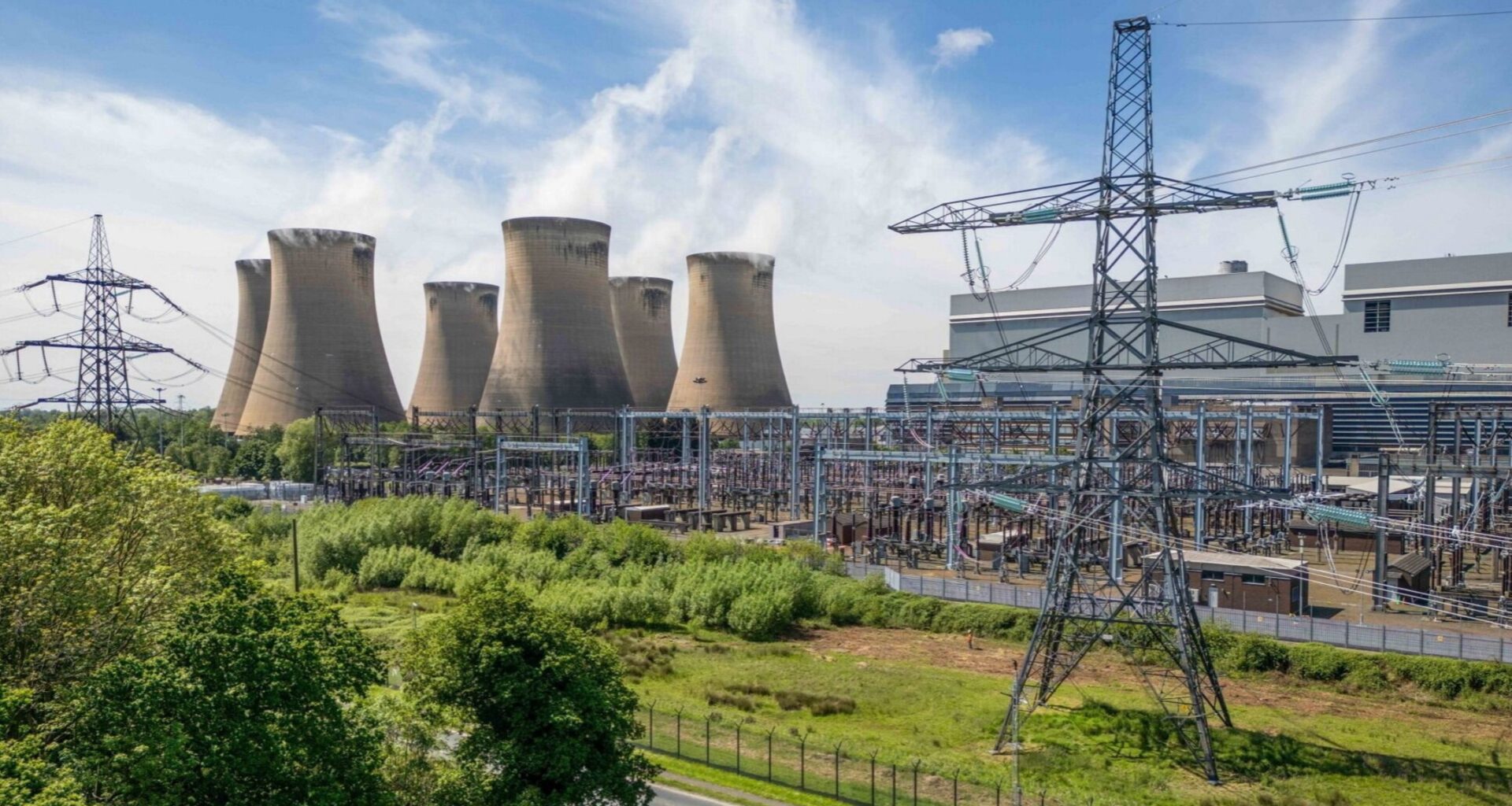Alexander Bassen is chair of the Greenhouse Gas Protocol’s Independent Standards Board
Climate action cannot wait for the perfect political conditions, which is why the GHG Protocol is updating Scope 2 guidance
At a time when political pushback and geopolitical headwinds against climate initiatives are intensifying, the world’s most widely used carbon accounting standard, the Greenhouse Gas Protocol, is examining how to strengthen a core foundation for climate accountability: how companies calculate carbon emissions. And it is asking the public for input.
Some might ask, why now? The answer is simple: because the energy world has transformed.
Let us be clear: emissions measurement, or carbon accounting, is the climate world’s bookkeeping. It is how organisations measure and track the greenhouse gases they produce, directly or indirectly.
But without reliable data on what is being emitted and where, everything else falls apart: companies cannot cut emissions effectively, investors are misled about potential risks, and policymakers cannot design sound regulation to support change.
Scope 2 emissions — those from purchased electricity, heat and cooling — are central to how companies understand and reduce their climate footprint and stay commercially competitive. In fact, energy generation accounts for nearly 40 per cent of global GHG emissions.
With climate under growing scrutiny, strengthening the integrity of corporate emissions reporting has never mattered more
However, the way companies measure these emissions has barely changed in more than a decade. That is even as electricity grids have become far more complex, renewable deployment has rapidly accelerated, and markets for clean energy procurement have evolved dramatically.
On top of this, progress on corporate emissions reporting has not kept pace with these changes, nor the scale of the climate challenge.
So, without updating the Scope 2 guidance, companies risk relying on outdated methods that understate or misrepresent the environmental impact of their energy use. Ninety-seven per cent of S&P companies use the GHG Protocol to report on their emissions. The potential impact is huge.
Guidance that fails to keep pace risks leaving organisations behind, unable to make accurate decisions to reach their climate goals or speak to the progress they have achieved. Transparency also creates trust.
The proposed updates to the GHG Protocol standards, the result of several years of careful development by leading experts, aim to modernise accounting practices so they reflect today’s energy realities, while remaining practical for companies of all sizes and sectors to truly decarbonise.
The updates also seek to enhance accuracy and transparency. A central feature of the proposal is to align emissions claims more closely with where and when electricity is consumed. The hope is that this enables companies’ claims about clean energy purchases to better reflect the physical realities of the power grid and increase trust in renewable energy markets.
Without a robust system for measuring and reporting energy-related emissions, investments in renewables, energy efficiency and corporate decarbonisation risk being misdirected or discounted
The launch of the consultation comes at the right time, to ensure credible and applicable standards can be put into practice.
With climate under growing scrutiny, strengthening the integrity of corporate emissions reporting has never mattered more. These updates are not intended to make accounting more complicated or expensive. Quite the opposite. The idea is to create a system that works in today’s changed reality.
The draft revisions also include proposals for practical measures, such as exemption thresholds for smaller organisations or a phased multiyear implementation timeline. The goal is to ensure that the guidance is feasible, credible and adaptable for the future.
Call for input
Until mid-December, the GHG Protocol is inviting companies, investors, data providers, regulators and other stakeholders to provide input. The consultation process is not a formality. It is an opportunity to help shape the rules that will govern corporate climate action for the next decade.
While political opposition and environmental, social and governance pushback may slow some climate initiatives in the short term, the integrity, credibility and utility of emissions data are foundational to long-term climate progress.
So, without a robust system for measuring and reporting energy-related emissions, investments in renewables, energy efficiency and corporate decarbonisation risk being misdirected or discounted. And no one benefits if that happens.
The GHG Protocol — in partnership with the International Organization for Standardization — is aiming to ensure that companies around the world have the tools they need to act decisively and credibly for years to come.
The consultation is open. The question for companies, investors and policymakers is not whether they should participate, but whether they can afford not to.

